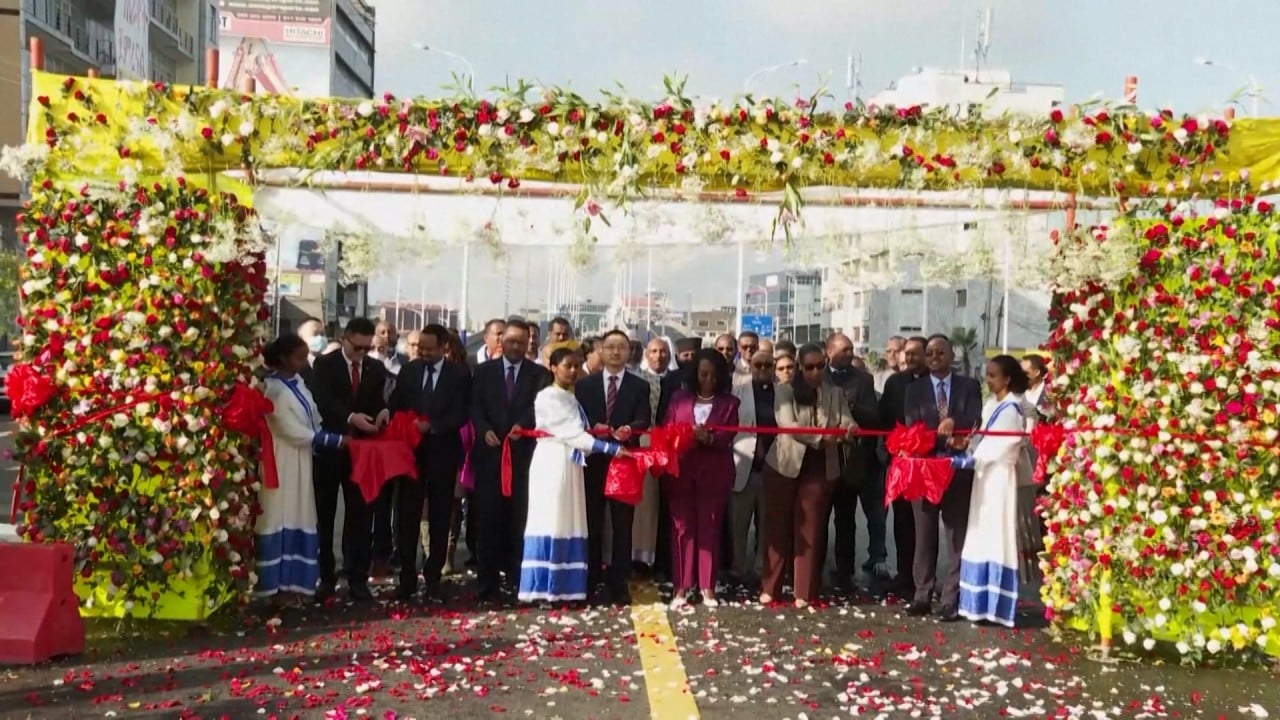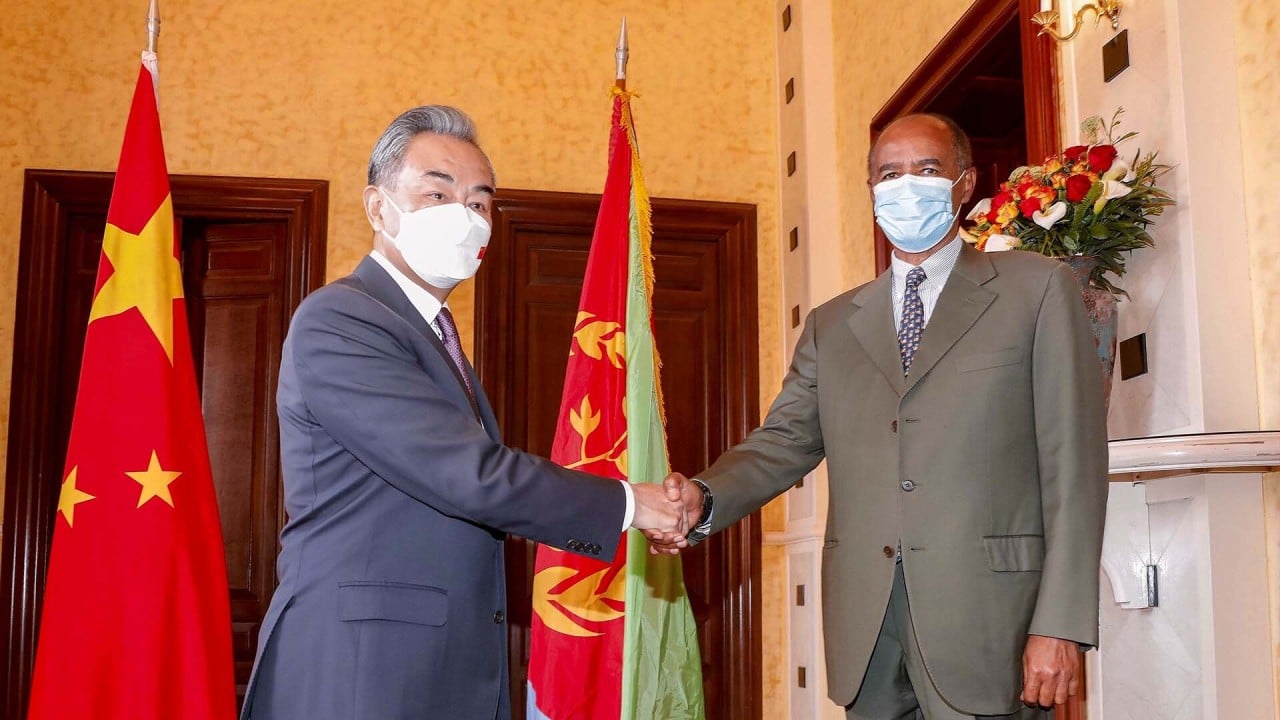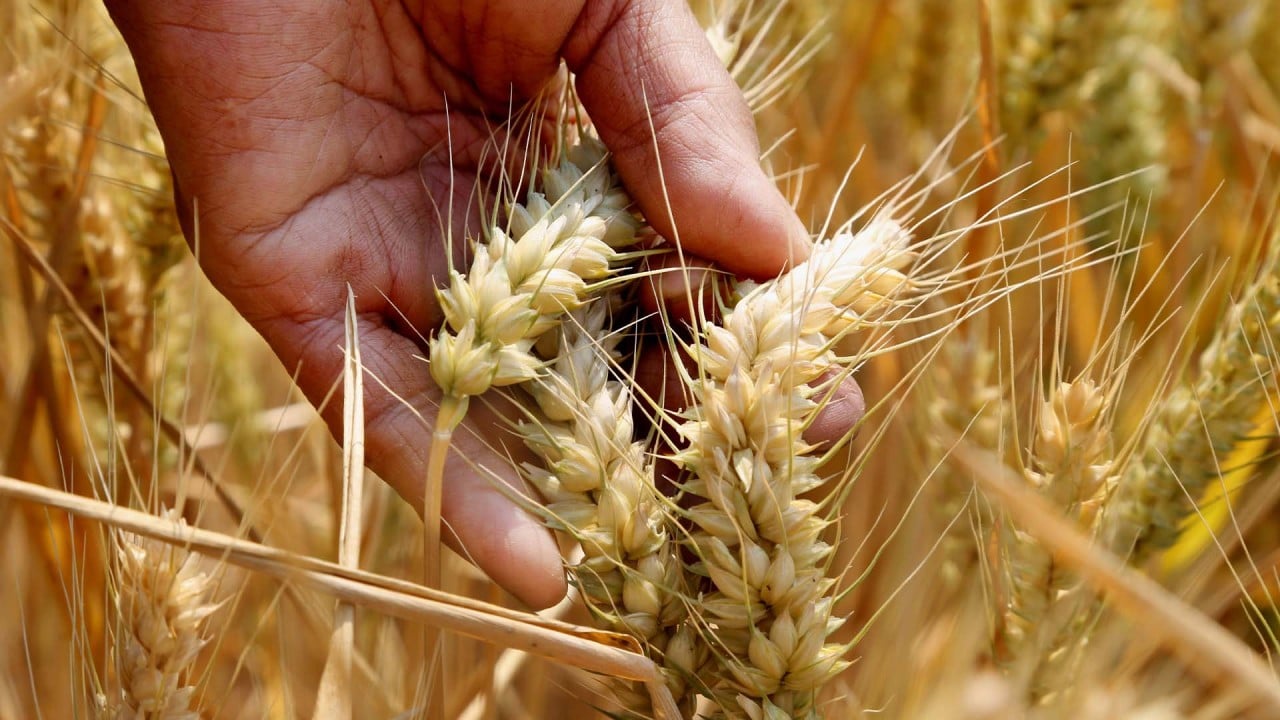
Fresh Kenyan avocados on Chinese shelves mark new era in Africa-China food trade
- It is a step in Beijing’s elaborate plan to increase imports from Africa to help balance the trade between China and the continent
- Analyst says nations wanting to boost exports must know what stands between them and China’s market – whether it is pests, product quality or crop choice
The first batch of fresh Kenyan avocados arrived in Shanghai early this month after Beijing opened its doors for 15 Kenyan firms, including orchards and packhouses, to export fresh avocado to the vast Chinese market.
Kenyan agricultural company Kakuzi said its avocado fruit was now available at the Shanghai Huizhan Fruit and Vegetable Wholesale Market, which is arguably the largest fresh fruit wholesale market in eastern China.
Imports of the fresh superfood to China follow the signing of two commercial protocols during Foreign Minister Wang Yi’s visit to Kenya in January to ease bilateral trade, mainly allowing avocados and aquatic products to be exported from Kenya to China.
An initial protocol agreed in 2019 by Kenyan President Uhuru Kenyatta and Chinese President Xi Jinping only allowed for the import of frozen avocados from Kenya. The requirement to freeze avocados before export locked many traders in the East African country out because they could not afford freezing facilities.
Kenya is the first country in Africa to export avocados to China, but South Africa, Mozambique, Tanzania, Zimbabwe and other countries are also preparing to export avocados to China.
China’s trade with Africa gets boost from rising commodity prices
According to Chinese customs data, trade with Africa increased by 35 per cent last year, to a record high of US$254 billion. China exported US$148 billion in goods to Africa, up 29.9 per cent on 2020, while receiving US$106 billion in imports from the continent – a rise of 43.7 per cent.
To help balance out the trade, Xi promised in November to boost imports from Africa to US$300 billion in the next three years.
“Given record high trade surplus in the first half, it is natural for China to promote imports to reduce the trade imbalance,” said Ding Shuang, chief Greater China economist with Standard Chartered Bank in Hong Kong.
“China has highlighted the importance of food security and is expected to remain self-sufficient in basic food, such as grain,” he added. “Food imports are mostly for diversification purposes, in my view.”
Lina Benabdallah, a China-Africa expert at Wake Forest University, said “granting market access to these goods can be viewed as a direct result of FOCAC 2021 [Forum on China-Africa Cooperation] trade promotion pledges”.
“This has come at the heels of criticisms that China-Africa trade volume suffers an acute trade balance with Chinese exports to the continent overtaking African exports by a significant margin,” Benabdallah said.
She said the “trade promotion measures announced at FOCAC 2021 are a step towards trying to balance the trade volumes and promoting African products on a global scale”.
According to China’s foreign ministry, China has granted market access to 25 kinds of food and agricultural products from 14 African countries – including Kenya, South Africa, Benin and Egypt – since the 2018 FOCAC.
China is now the second-largest destination for African agricultural exports, the ministry said on Tuesday. It said in recent years, Africa’s agricultural exports to China had grown an average 11.4 per cent annually.
In 2021, African agricultural exports to China grew 18.2 per cent year on year, ministry spokesman Wang Wenbin said.
“The Chinese government values agricultural cooperation with Africa and has actively promoted agricultural imports from Africa,” he said.
Further, more African countries are expected to export agricultural products to China, which is the world’s biggest food importer, after Beijing eased market access.
The policy will gradually expand to all least-developed countries and increase imports from Africa. Other African countries that would benefit include Togo, Guinea, Mozambique, Sudan, Chad and the Central African Republic.
US says it offers alternative in Africa in move to counter China, Russia
However, Lauren Johnston, China-Africa lead at the South African Institute of International Affairs, said that whether zero-tariff treatment would help trade growth depended mainly on how it was applied to exports.
“The tariffs might apply to insignificant lines or products of export for a given least developed country,” Johnston said.
Johnston said there might be other barriers to trade – such as phytosanitary requirements or protectionism. She cited trade between China’s southwestern Yunnan province and Myanmar in rubber and bananas in which “Myanmar sometimes arbitrarily experiences a trade shock because Yunnan shuts down some trade flows to protect the local industries”.
To grow exports to China, Johnston said African countries had to understand what stood between them and China’s market – whether it was pests, product quality or whether they were growing the right crops.
China’s foreign ministry said the General Administration of Customs of China (GACC) had followed up on the green lanes proposal and formulated measures to allow easier access for African products aiming to enter the Chinese market.
Observers said China was motivated to expand and diversify China-Africa economic ties. “Agricultural trade is good for both the substance and the image,” said Yun Sun, director of the Stimson Centre’s China programme in Washington.
Sun said China needed high-quality agricultural products from Africa, and it helped build China’s image of helping Africa get back on its feet.
“With the downsizing of Chinese financing to Africa, agricultural products are expected to help fill the gap,” Sun said.
While some progress has already been made, obstacles remained for African producers, such as regulatory red tape and limited product lines.
According to Sun, market access is more a matter of political will.
“If China wants to expedite the process on items they urgently need, they can. But with Covid-19 and all the restrictions, it will not be an easy process,” Sun said.
“Trade facilitation is more about capacity rather than just a policy. To make things happen, Africa also needs to understand the Chinese market and navigate through the Chinese rules.”
Yike Fu, a China-Africa policy analyst at the Beijing-based Development Reimagined, said the duty free scheme was a good start for enabling agricultural products to be available in the Chinese market.
She said making it work more effectively required intentional policy changes by African countries. Interventions could include agricultural extension services and more financial investment in the agricultural sector, such as in cold storage and logistics.
“From the Chinese side, cooperation on sharing technical know-how in agriculture could also help with boosting productivity,” Fu said.
She said African countries “should perceive agriculture as a major trade component of Sino- Africa cooperation, and devise strategies aimed at ensuring the exports comply with the Chinese standards”.
Additional reporting by Ralph Jennings




